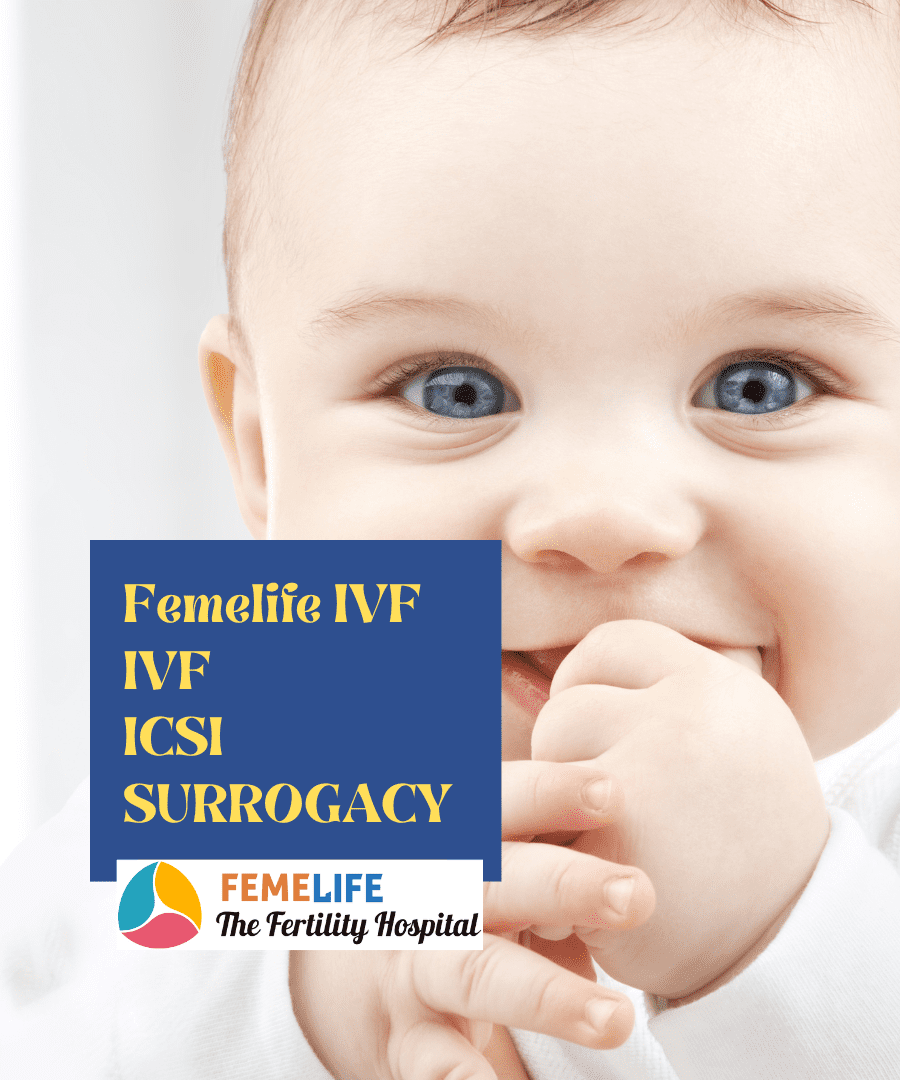Since 1980, the fertility rate for men of their 30s has extended via way of means of 21% and for men aged greater than 40 years;
the rate has increased almost 30%. In contrast, the fertility rate in men more youthful than age 30 years has reduced by 15%. Although the woman ovarian reserve is possibly the most critical factor of a couple’s per cycle fecundity, the age of the male partner additionally has significant effect on reproduction. Beyond the reality that older men have a tendency to have older woman partners, increasing age is related to male fertility & increased time to conception. This reflects the age-associated increase in acquired medical conditions, decreases in semen quality, and increasing rates of DNA fragmentation visible in sperm. In addition, there may be an association between age of the male partner and the incidence of delivery defects and chromosomal abnormalities.
Alteration in semen parameters
Male factor infertility is a term that encompasses a host of
various situations referring to sperm characteristic that may make it difficult for a sperm to fertilize an egg below normal situations. Problems in male fertility can be because of changes in semen quality as assessed by the semen analysis. The maximum significant of those are a low sperm concentration (oligozoospermia), poor sperm motility (Asthenozoospermia), and abnormal sperm morphology (Teratozoospermia). Other elements less
properly related to infertility include semen quantity and different seminal markers of Epididymal, prostatic, and seminal vesicle characteristic.
Sperm concentration
The 90% of somniferous tubules in men of their 20s and
30s contained spermatids, while men in their 40s and 50s had spermatids in 50% in their somniferous tubules. Only 10% of somniferous tubules from men aged greater 80 years contained spermatids. The sperm parameters, changes in sperm concentration with male age are the least consistent.
Decrease in sperm concentration of as much as 3.3% in keeping with year of age, sperm concentrations had been found to be decrease at each extremes of age as compared with men aged twenty six to forty five years.
Motility
In comparison to concentration, proof consistently suggests
that sperm motility decreases with advancing age. Duration of abstinence revealed statistically significant decreases in motility of 0.17% to 0.6%crease per 12 months of age resulting in a 3% to 12%cline in motility over 20 years. Because motility is obtained during sperm transit through the prostate and the epididymis, the lower in motility is suspected to be because of age-related decline in the feature of those post testicular glands. Age-dependent changes of the epididymis may also cause alterations in sperm mitochondrial functioning, that is paramount for sperm motility.
Morphology
Morphology seems to lower with advancing male age. Decrease in
normal sperm morphology of 0.2% to 0.9% in step with 12 months of age, resulting in a 4% to 18%crease in normal morphology over a 20-12 month’s period.
Seminal Volume
There is a moderate decrease in seminal volume with growing age.
The decrease in quantity can be associated with seminal vesicle
insufficiency due to the fact seminal vesicle fluid composes maximum of the ejaculate volume. Prostatic changes, including smooth muscle atrophy, may additionally affect semen volume and sperm motility.
Other semen parameters
The association among age, the Epididymal and accessory sex gland
products, and their relation to sperm motility has additionally been
examined. The specific seminal markers investigated were Glucosidase secreted by the epididymis, prostate-specific antigen (PSA) and zinc secreted from the prostate, and fructose secreted through seminal vesicles.
Glucosidase, PSA, zinc, and fructose have been significantly decreased in men aged greater than 50 years as compared with men elderly between 21 and 30 years. In a more than one regression analysis, Glucosidase and PSA confirmed high quality association with progressive motility, while zinc levels confirmed an inverse relationship with motility.
Anatomic Changes
Testicular size is a surrogate marker of spermatogenesis. The size
of the testis is relatively unchanged till the eighth decade, at which factor the testicular volume is 31% decrease than in men elderly eighteen to forty years. Testicular blood supply, Leydig cell numbers, and Sertoli cell numbers decline with age.
Germinal epithelium helps normal spermatogenesis. Changes in ageing germinal epithelium consist of thickening of the
basement membrane and tunica propria in somniferous tubules, innovative tubular fibrosis, reduced diameter of the tubules, thinning of spermatogenic epithelium, and eventual obliteration of the tubules.


How age affects male fertility
1. The age of the male partner has significant effect on reproduction. Older men have a tendency to have older woman partners, and growing male age is related to increased time to conception. This reflects the age- associated increase in acquired clinical conditions, decreases in semen quality, and growing rates of DNA fragmentation seen in sperm.
2. The risk of developing a clinical situation or of being exposed to
environmental pollutants will increase with age. For men, sexually
transmitted infections can cause infertility because of germinal cell
damage, ischemia, or the immune reaction to the infection.
3. Declining testosterone might also additionally cause decline in libido, erectile dysfunction, and issue achieving ejaculation. The degree of testosterone does appear to influence sexual function.
4. Aging has a significant effect on male sexual function, sperm parameters, and fertility, which all make a contribution to reduced fecund ability, increased time to conception, and increased miscarriage rates. There are clearly many unknowns that continue to be with regard to male aging and fertility.





